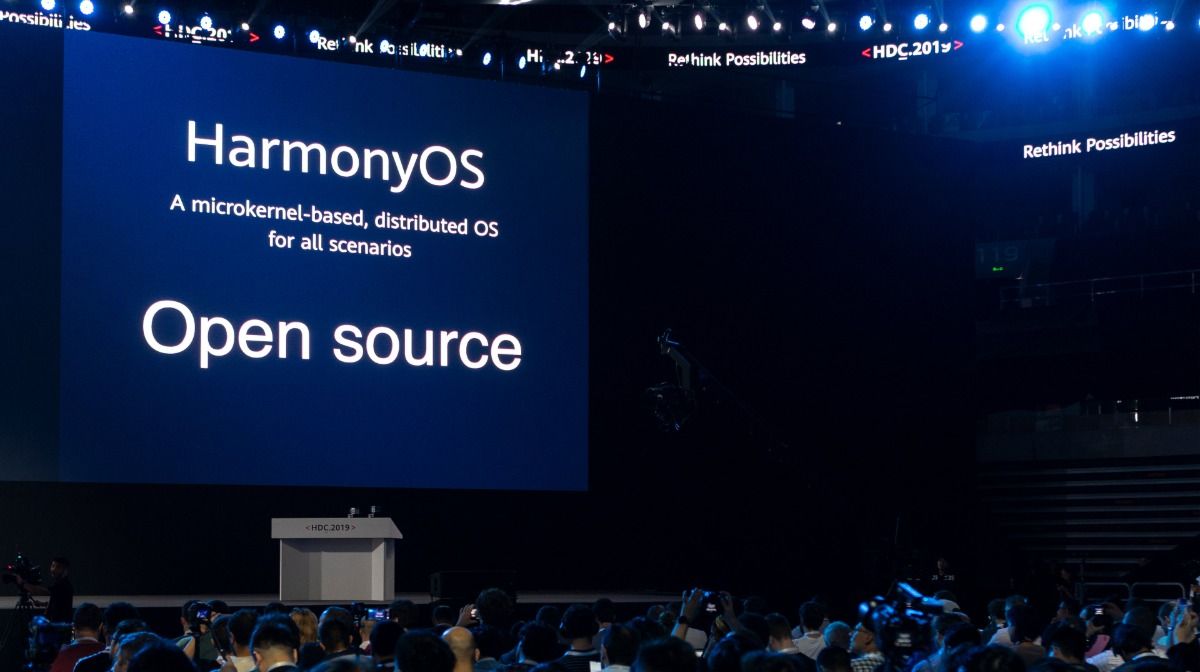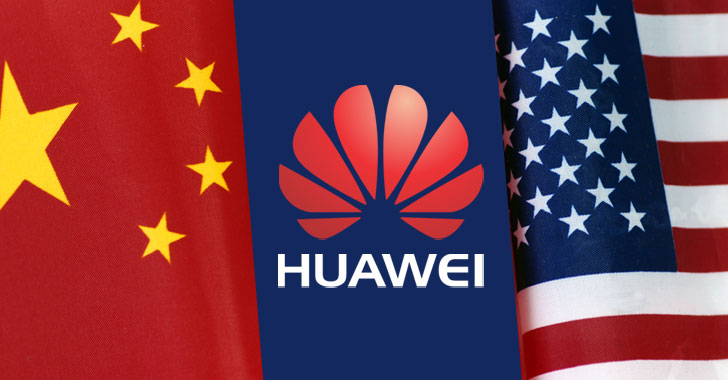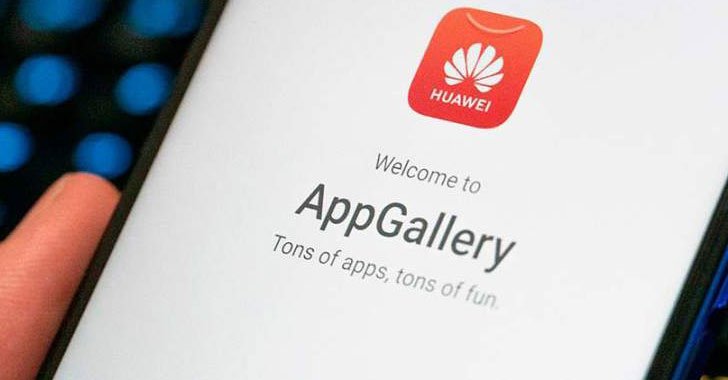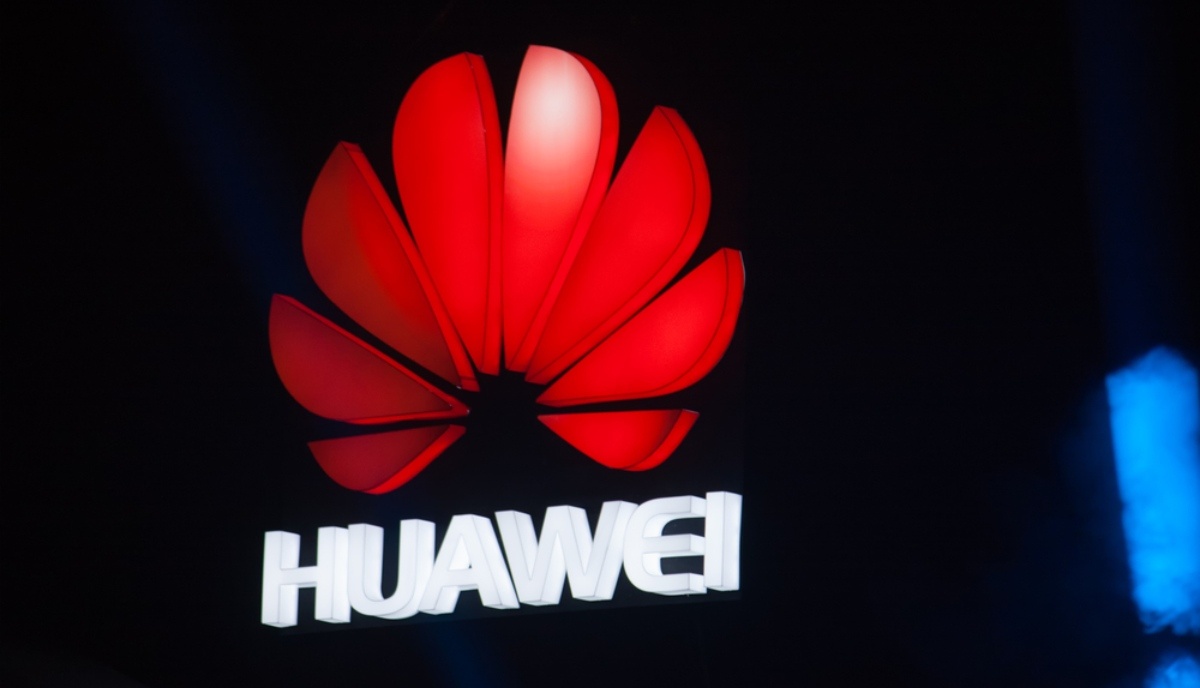After so many ups and downs in the last few months, Huawei finally took to the stage and announced its much-awaited Android alternative called Harmony OS, or Hongmeng OS (as known in China), or ArkOS if you want to call it by other names.
The said OS is known to be under development since 2012, but initially, Huawei intended to put it on IoT devices. Almost two years back, the company transformed it into a multi-platform offering. Probably because Huawei got an idea of what the future had in store.
If it weren’t a consequence of the US ban, we wouldn’t have seen the OS unveiled on stage for a few more years.
One of the biggest highlights of the OS is that Huawei is going to release it as open-source software as an attempt to increase its adoption. In the coming future, Huawei plans to create an open-source foundation and build a community to drive crowd-sourced development of its new OS.
And finally from Richard Yu: #HarmonyOS will officially be OPEN SOURCE #HDC2019 pic.twitter.com/KK8NGNS0Py
— Huawei Mobile (@HuaweiMobile) August 9, 2019
Harmony OS is a modular operating system based on a new microkernel created by Huawei. The company says HarmonyOS is a lot different than Android and iOS as it’s scalable for different kinds of devices.
Harmony OS isn’t just going to be limited to smartphones but expand its reach to other devices with different form factors such as wearables, smart speakers televisions, refrigerators, cars, etc. Huawei praises its modular design and says it has “decoupled” the OS from the hardware so that developers need to create the software just once. The new OS is also faster than Android.
A modularized #HarmonyOS can be nested to adapt flexibly to any device to create a seamless cross-device experience. Developed via the distributed capability kit, it builds the foundation of a shared developer ecosystem #HDC2019 pic.twitter.com/2TD9cgtdG8
— Huawei Mobile (@HuaweiMobile) August 9, 2019
However, initially, Huawei plans to roll out the new OS in China by targeting “smart screen products” later this year. For the first device running the new OS, its subsidiary Honor, is expected to showcase the new Honor Vision TV. The new TV could also feature a smartphone-style pop-up camera at the top.
An important thing to note is that Huawei isn’t trying to project Harmony OS as a competitor to Android but rather “plan B” – in case the US sanctions ultimately make them lose their Android license.
Right now, the new OS doesn’t even support Android apps out of the box and developers need to recompile them to work in harmony. Another big challenge for the company is how they’ll persuade developers to join them and build an app ecosystem that could stand against Android.
Via XDA










